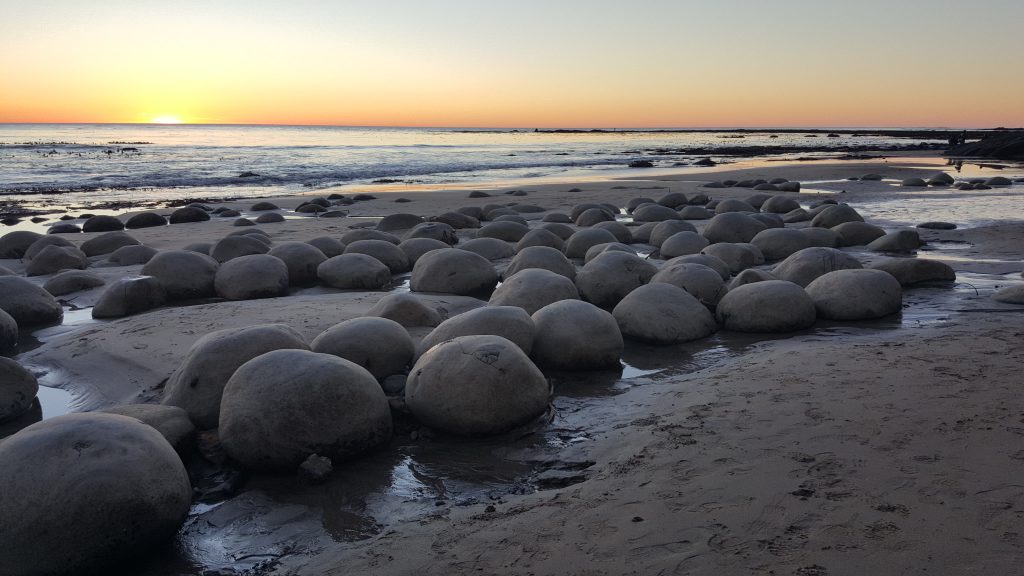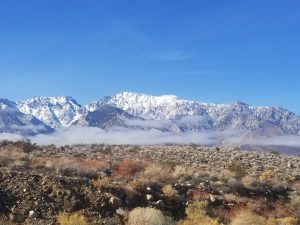
In August 2016, the Commission adopted a Tribal Policy to provide guidance and consistency for its interactions with Native American Tribes. The Policy reflects input from California Native American Tribes and was developed in collaboration with other governmental entities and the Governor’s Tribal Advisor. Tribal engagement and consultation are important to the Commission and to California. In recent years, efforts have been made to ensure that government-to-government communications between the State and Tribes effectively address areas of mutual interest and concern. Examples are establishing a Tribal Advisor in the Governor’s Office to oversee consultation between the Administration and Tribes, and AB 52, Chapter 532, Statutes of 2014, which strengthens notification requirements under CEQA and invites tribal input at an earlier stage of environmental review. The Policy recognizes that Tribes have used many of the lands, waterways, and resources that be affected by Commission actions to support their cultures and ways of life for millennia and that Tribes and their members have unique and valuable knowledge and practices for conserving and using these resources sustainably.
The Commission’s policy highlights four themes:
- Mutual education will include training staff in collaborative engagement, providing information to interested Tribal representatives about the Commission and its leasing, CEQA, and regulatory processes.
- Mutual respect in interactions between Commission staff and California Native American Tribes will recognize the time and effort invested by everyone and further the goal of finding resolutions to protect tribal cultural resources.
- Outreach will provide ample opportunity for communication early in the planning process so there is enough time to consider protecting resources of interest to California Native American Tribes when developing alternatives to proposed projects.
- Timely notice and information sharing will allow Tribal representatives to consult with their Tribal governments before providing comments on proposed projects and development, submitting questions, or expressing concerns to the Commission.
AB 52
AB 52 added provisions to CEQA about Tribal consultation and consideration of project impacts to Tribal Cultural Resources, including consideration of mitigation and alternatives that may be proposed by the Tribal representative. The Commission is often a lead agency under CEQA and must comply with the AB 52 consultation requirements. The Commission’s Tribal Policy is consistent with CEQA requirements.
AB 52 provides for a consultation process during evaluation and consideration of CEQA projects with Tribes that have formally requested notification. Because the notification must contain specific information, Commission staff encourages Tribes to submit notification requests using the sample letter provided by the Native American Heritage Commission and to submit maps showing the Tribe’s area of affiliation.

Schooner Gulch State Beach.
Resources
- Governor’s Office of Tribal Affairs
- California Native American Heritage Commission
- Tribal Consultations Under AB 52: Requirements and Best Practices
Tribal Liaison
Yessica Ramirez
100 Howe Ave., Suite 100 South
Sacramento, CA 95825
Tribal.Liaison@slc.ca.gov
916.574.1888

Lands returned to the Lone Pine Paiute-Shoshone Reservation. Photo courtesy of Janice Gonzales.

